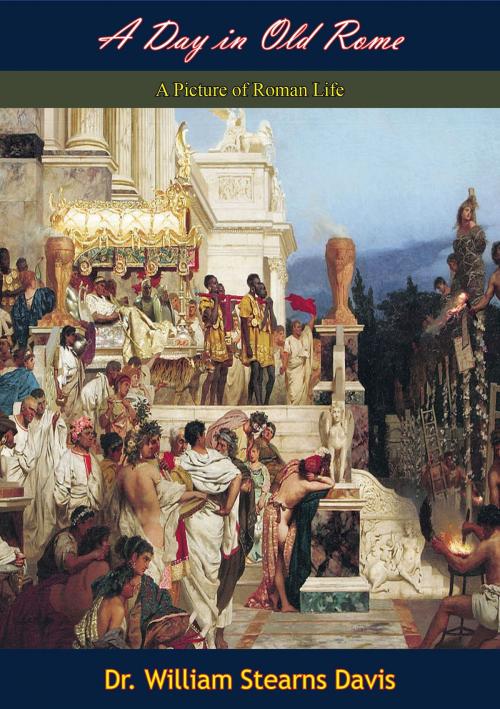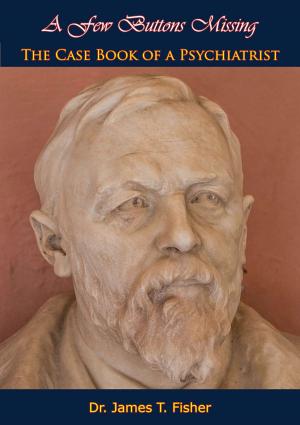| Author: | Dr. William Stearns Davis | ISBN: | 9781787207486 |
| Publisher: | Muriwai Books | Publication: | July 31, 2017 |
| Imprint: | Muriwai Books | Language: | English |
| Author: | Dr. William Stearns Davis |
| ISBN: | 9781787207486 |
| Publisher: | Muriwai Books |
| Publication: | July 31, 2017 |
| Imprint: | Muriwai Books |
| Language: | English |
This book tries to describe what an intelligent person would have witnessed in Ancient Rome if by some legerdemain he had been translated to the Second Christian Century, and conducted about the imperial city under competent guidance.
The year 134 after Christ has been chosen as the hypothetical time of this visit, not from any special virtue in that date, but because Rome was then architecturally nearly completed, the Empire seemed in its most prosperous state, although many of the old usages and traditions of the Republic still survived, and the evil days of decadence were as yet hardly visible in the background. The time of the absence of Hadrian from his capital was selected particularly, in order that interest could be concentrated upon the life and doings of the great city itself, and upon its vast populace of slaves, plebeians, and nobles, not upon the splendid despot and his court, matters too often the center for attention by students of the Roman past.
At the time of original publication in 1925, William Stearns Davis was Professor of Ancient History, University of Minnesota.
Richly illustrated throughout.
This book tries to describe what an intelligent person would have witnessed in Ancient Rome if by some legerdemain he had been translated to the Second Christian Century, and conducted about the imperial city under competent guidance.
The year 134 after Christ has been chosen as the hypothetical time of this visit, not from any special virtue in that date, but because Rome was then architecturally nearly completed, the Empire seemed in its most prosperous state, although many of the old usages and traditions of the Republic still survived, and the evil days of decadence were as yet hardly visible in the background. The time of the absence of Hadrian from his capital was selected particularly, in order that interest could be concentrated upon the life and doings of the great city itself, and upon its vast populace of slaves, plebeians, and nobles, not upon the splendid despot and his court, matters too often the center for attention by students of the Roman past.
At the time of original publication in 1925, William Stearns Davis was Professor of Ancient History, University of Minnesota.
Richly illustrated throughout.















![Cover of the book The Mysterious Universe [New Revised Edition] by Dr. William Stearns Davis](https://www.kuoky.com/images/2017/july/300x300/9781787207929-y2wY_300x.jpg)